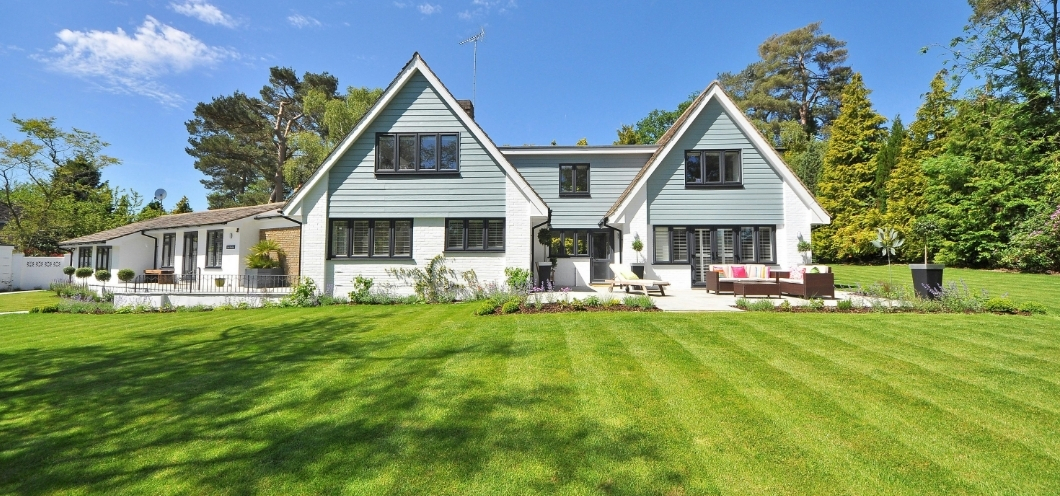- Samita Nayak
- 809
House flipping has turned into the new concept of investment through excitement over profits as well as house prices that seem to go up day after day. Still, this is a process rich in risks, and investors need to compare the benefits with possible pitfalls before jumping on this bandwagon.
ALSO READ: 8 Financial Tips for Young Adults in 2024
The Attraction of House Flipping
House flipping’s main appeal is on low-cost purchase, renovation, and then selling high, which often makes it preferable because most investors target distressed properties that require renovation to make them gain their market value. With proper execution, one can stand to benefit heavily from flip investments within short time scales, making it a popular venture that one uses to amass wealth quickly.
Knowing the Costs
Although the upside is great, house flipping is an expensive activity. Beyond the acquisition cost, buyers must factor in renovation costs, contractor costs, carrying costs—that is, mortgage payments, insurance, property taxes—and even more unknown repairs. Market variability may also impact the sale price at closing, meaning there will likely be less profit than initially expected.
Investment of Time and Stress
As far as passive investment, flipping a house is quite the opposite. A flip would require so much time, effort, and management when it comes to contractors, budgets, and timelines. Delays or potential construction issues help push back the project date, which increases holding costs and eats away at a profit. One of the biggest underestimations among first-time flippers is the time and stress that goes into managing the flip.
Market Volatility
House prices may fluctuate due to the uncertainty involved with real estate markets. In a declining market, investors are left with houses that become harder to sell or at times have to sell at a loss. With market trends and appropriate timing of the flip, the risk is minimized.
Is it Worth the Risk?
House flipping may indeed be profitable, but it definitely does not come without its own risk. What brings the successful flippers edge is the direct experience with real estate holdings, access to capital funds, and some capability to deal with a renovation project that might seem complex. In terms of starting out to flip, a careful consideration of both risks and rewards beforehand can be crucial.
Tags:
Asset AllocationReal Estate InvestingAuthor - Samita Nayak
Samita Nayak is a content writer working at Anteriad. She writes about business, technology, HR, marketing, cryptocurrency, and sales. When not writing, she can usually be found reading a book, watching movies, or spending far too much time with her Golden Retriever.
Popular Post





